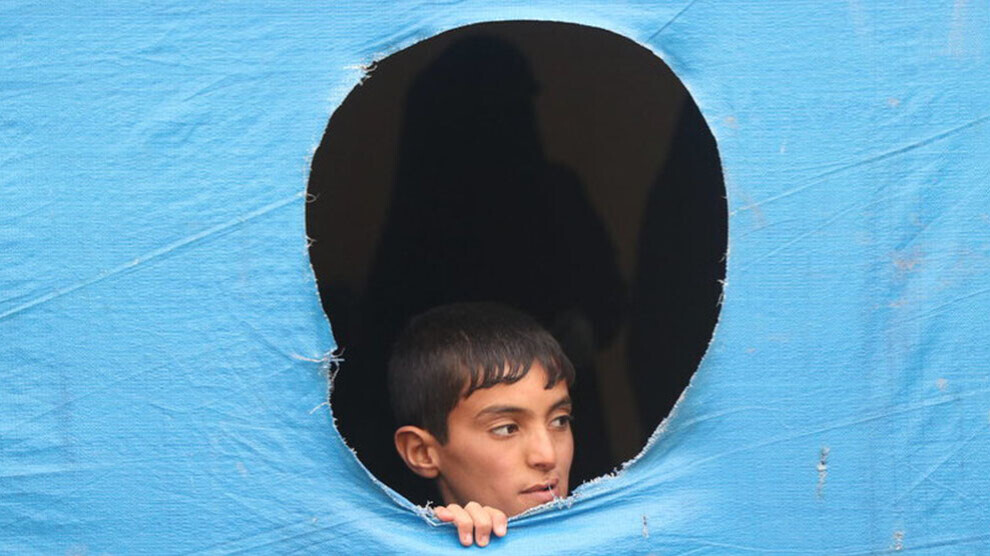Russia's deputy representative to the United Nations (UN), Gennady Kuzmin, has called on the international community to transfer the children in the Hol detention and refugee camp in northeastern Syria to their countries of origin. "States are obliged under international law and also under the Convention on the Rights of the Child to take back their citizens and to take measures to prevent the children of their nationals from becoming stateless," Kuzmin said Friday during a meeting of UN Security Council members titled "Impact of the COVID-19 pandemic on abuses against children in situations of armed conflict."
There should be no distinction between "good parents and bad parents," Kuzmin said and stressed that countries of origin must show responsibility for children in Hol Camp and ensure their safe return home. Russian authorities would actively seek to evacuate minor nationals from countries where there is armed conflict, he said. Including those who have been "recruited" or whose parents have been "recruited by terrorists," the Russian diplomat added.
According to Kuzmin, Russia repatriated 145 minors from countries in the Middle East within a year. Since 2017, he said, a total of 274 children aged 2 to 16 have been repatriated from Iraq (122) as well as Syria (152). Most recently, in April, the autonomous administration of northern and eastern Syria handed over 35 orphans whose parents were members of the ISIS and held Russian citizenship to a delegation from the Duma. The handover was made to Russian Children's Rights Commissioner Anna Kuznetsova.
About 31,000 minors in Hol Camp
Hol detention and refugee camp in eastern Hesekê is one of the most dangerous places in the world and is considered a symbol of the international community's refusal to take responsibility for ISIS families. The camp is completely overcrowded with over 62,000 people; in addition to refugees, tens of thousands of family members of ISIS jihadists from 52 nations are there. Half of all residents are minors.















